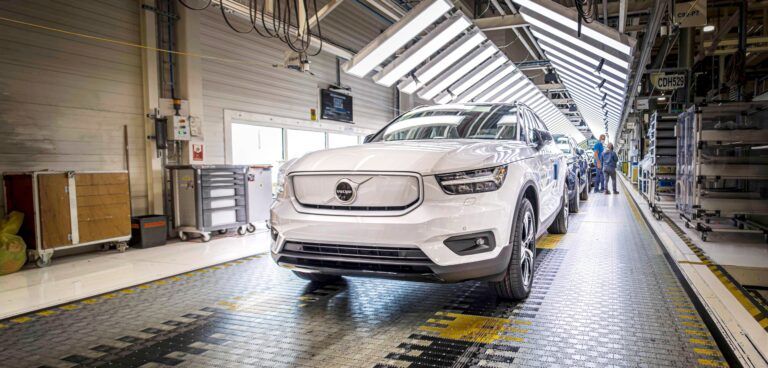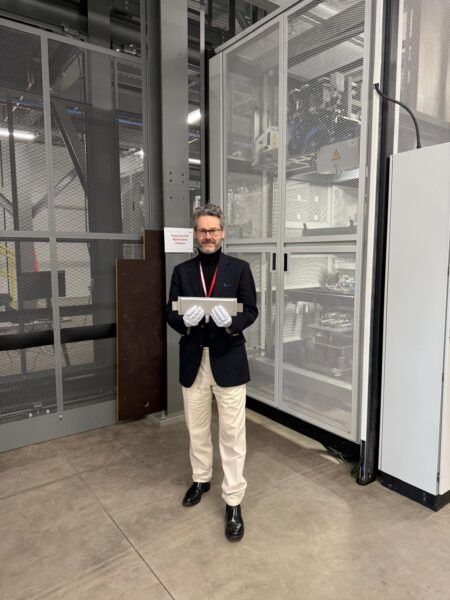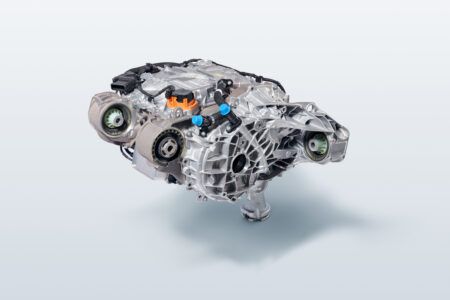Volvo Cars is tripling electric car manufacturing capacity at its plant in Ghent, Belgium, as it prepares to meet its goal to have a fully electrified fleet by 2025.
By 2022, electric car capacity at the Ghent plant will have more than tripled from today’s levels and amount to around 60% of the plant’s total production capacity.
Ghent is currently preparing to take a second fully electric Volvo model, based on the CMA modular vehicle architecture, into production later this year. The plant already builds the XC40 Recharge, the company’s first fully electric car, as well as plug-in hybrid versions of the XC40.
“Our future is electric and customers clearly like what they see from our Recharge cars,” said Javier Varela, Head of Global Industrial Operations and Quality. “As we continue to electrify our line-up and boost our electric production capacity, Ghent is a real trailblazer for our global manufacturing network.”
Volvo Cars is committed to becoming a premium electric car company, and in the coming years will launch several fully electric cars. By 2025, it aims for its global sales to consist of 50% fully electric cars, with the rest hybrids.
While Ghent is the first of its global manufacturing network to start building fully electric cars, the company also has plans to increase electric car manufacturing capacity at its other facilities around the globe.
Last month, Volvo Cars also announced it will assemble electric motors at its powertrain plant in Skövde, Sweden, and plans to establish complete in-house e-motor production by the middle of the decade. It will invest 700 million SEK to this end in the coming years. The company is also investing significantly in the in-house design and development of e-motors for the next generation of Volvo cars.





